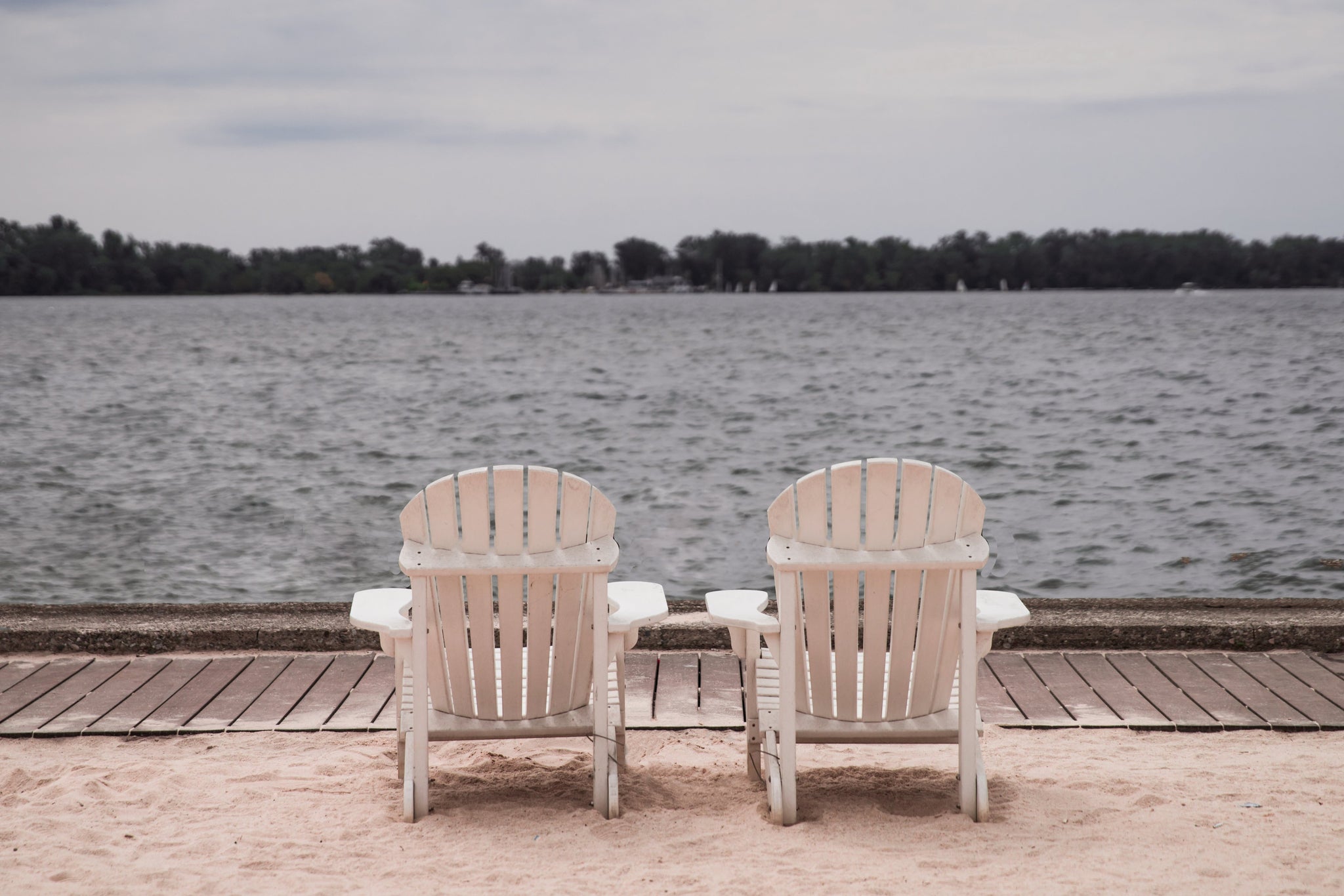Clear Lake Coffee Roasters Presents: Explorer Series, History Edition - El Salvador and the Grain of Gold - September 30, 2020

Whether it be the long shadow of colonialism or a shadow government controlled by oligarchical coffee barons who stop at nothing to maintain power and wealth, a great deal of coffee history rests inside degrees of darkness. The shadows are sometimes subjective. Where one person sees dark history, another may see only a grayish gloaming. Nevertheless, and in any case, inherent at the beginning of all stories told about the history of coffee is the unspoken question: “How much do you really want to know?” It’s worth remembering this now and again, taking on the reminder without complaint because the answer to that questions is almost never, “Tell me everything.” With few places is it easier to skirt the edges of those historical shadows rather than walk through them than with El Salvador. Perhaps it is enough to simply say at the start, this is not the whole story, while understanding we are all responsible for finding and knowing the whole story if we count ourselves coffee people.
As in other coffee growing regions where Spanish is spoken, coffee is known as the grain of gold, el grano de oro, in El Salvador. But before the grain of gold there was the blue gold, indigo. Although indigo was grown by indigenous peoples throughout Central America before Europeans arrived, the Spanish brought commercialization of the crop in an attempt compete with indigo from India. Indigo was the number one crop in El Salvador for more than 300 years.
Coffee was first introduced to El Salvador from the Caribbean as a garden crop in the mid-18th century. Compared to indigo, it’s a challenging crop and commercial production was not established until the 1850’s. Coffee was first exported—695 bags—in 1856 and the government began to encourage coffee farming. Exponential growth coincided with the development of synthetic indigo near the end of the century (world-wide plant-based production of indigo was 19,000 tons in 1897 but only 1,000 tons in 1914 … in case you were wondering). Between 1880 and 1914 the value of coffee exports in El Salvador increased over 1,000 percent as large landholders moved into coffee.
These large landholders didn’t just start growing coffee, they used their political influence to enact what were euphemistically called “Liberal Reforms,” which made it illegal for anyone to grow crops on communal land unless they were growing export crops, in which case they could be granted title. If you farmed communal lands for subsistence and local trade, your access to the land was taken away. This somewhat conveniently put more land into the hands of those who already owned land while simultaneously increasing labor available for picking and processing. These land laws combined with new and unreasonably strict vagrancy laws to help ensure the labor force was a slave labor force.
For decades, the president of El Salvador was always a wealthy coffee farmer. The power and wealth of the coffee sector meant substantial improvements in infrastructure and coffee processing kept pace with technical advances. Coffee grew to become over 90 percent of El Salvador’s exports. But the seeds of discord had been sown, the shadow cast. The global depression of 1930 brought a fall in coffee prices of more than 60 percent. Coffee growers cut wages in half or dismissed their workers into a country that would not allow them to grow their own food. Growers retreated behind their wealth while coffee dried on the trees and unemployed pickers starved. In 1932 there was an uprising and, well, how much do you really want to know? 30,000 peasants were killed. 
The depression waned. The coffee industry in El Salvador bounced back. The discontent slipped below the surface, but only just. The coffee oligarchy diversified, with one branch growing and another branch processing and exporting. But the wealth and opportunities remained concentrated among a few and unrest seemed so inevitable that the United States used its influence in the 1970’s to support reforms in social structures, including land ownership, in an attempt to preclude the somewhat inevitable influence of communism. Not surprisingly, a president whose policy aims reflected those of the United States was elected, but as is so often the case the new president and new policies, exceedingly half-assed in execution, made neither the right nor the left happy. Civil war erupted. Shadows were everywhere, to the left and to the right.
There is much to be said about this period, the 1980’s, in the history of El Salvador, and no small amount of what can be said includes coffee and the coffee families that had, some of them, inhabited their baronies for 100 years. How much do you really want to know? Ah. Neither dodge nor dwell. It should go without saying that not all old-line coffee farming families were the same. They cannot be painted with one brush. There are no black and white pictures here and no innocence on either political extreme. For the here and the now it is important to know that the coffee industry was never the same after the peace agreement brokered by the United Nations in 1992.
In 1975 El Salvador was, remarkably for its size, one of the largest coffee producers in the world, exporting 3.8 million bags. Today, a good year is 600,000 bags. Today, 86% of producers are responsible for only 20% of the country’s production, having 7 hectares or less. This means, if you’re feeling math phobic, that 80% of coffee production is still controlled by only 14% of producers. And yet, because peace in El Salvador and the opening of coffee farming to smallholders coincided with the emergence of the specialty coffee sector in consuming countries and the inevitable rise of new-thinking generations within old families, there is a pervasive focus on quality regardless of farm size. In 2015, 70% of coffee from El Salvador was sold at a differential price above commodity prices.

Whilst you're here are 6 reasons for making Clear Lake Coffee Roasters - CLCR - your go-to coffee roaster:
☕️ We are a local family-run business located in the heart of Clear Lake, Iowa.
☕️ We go to great lengths to find only the finest and ethically sourced coffee around, from the top 2% of coffee beans in the world.
☕️ We only source 100% certified Arabica coffee beans, carefully hand-selecting each coffee based on specific quality and taste attributes.
☕️ Our roasting process has been refined over the years and each roast profile is individually designed to complement the nuances of the coffee we source, from Cup of Excellence (COE) award-winning producers.
☕️ By roasting in smaller batches, we can ensure our coffee is ALWAYS fresh, in fact, we roast your coffee only after you place an order - the same day your order ships out.
☕️ At CLCR, we are dedicated to a single mission: the unyielding pursuit of coffee perfection in every cup.
We would give you more reasons, but rather than reading it's better if you visit our website, purchase a bag or two, and experience a unique caffeinated or half-caff journey for yourself 😊!
Explore goodness. Click. Buy. Smile.

Clear Lake, IA, City Park Beach.

Leave a comment
Please note, comments must be approved before they are published